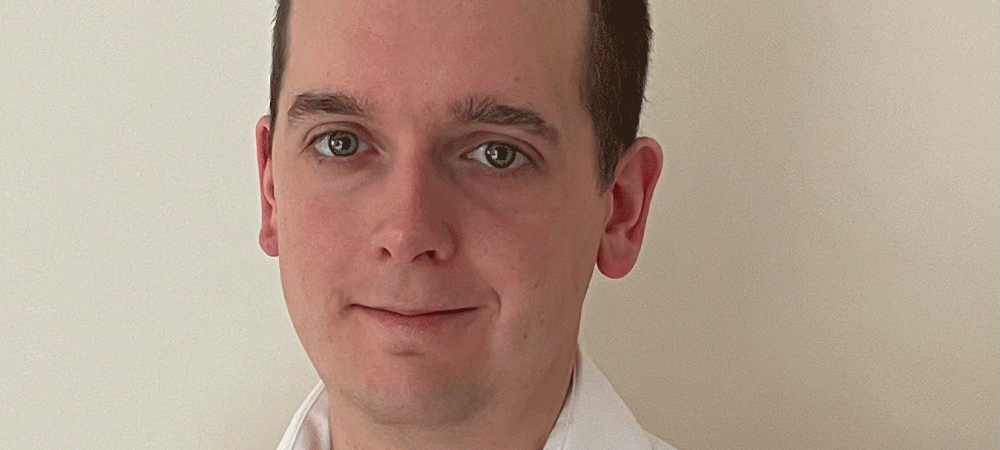Over 10,000 organisations worldwide rely on Netwrix solutions to secure sensitive data, realise the full business value of enterprise content, pass compliance audits with less effort and expense and increase the productivity of IT teams and knowledge workers. Michael Paye, CTO, Netwrix, tells us more about his job role at the company and his go-to productivity trick.
Describe your current job role
As Netwrix’s CTO, I oversee our UK based development teams and work closely with the product development organisation to develop and bring to life the cloud strategy for our organisation.
What would you describe as your most memorable achievement?
From a career standpoint, upon taking on my first CTO role, I focused our efforts on a full enterprise re-write while expanding our feature set. Having seen numerous re-writes fail it was incredibly rewarding to see the benefits of our efforts and it is a testament to my team that the re-write was a success.
What style of management philosophy do you employ with your current position?
It is really important for me to be as involved in the full spectrum of the business life cycle as possible, taking what customers need into both our day-to-day and the vision of the future of our products. How involved I am in the front-line implementation varies week by week, but it’s a great way to understand the challenges faced by our teams in delivering our products.
What do you currently identify as the major areas of investment in your industry?
I am very excited by the continued efforts of certain large organisations to be more open and support cross-platform capabilities. When you compare the complexities and closed nature of software development 20 years ago to the capabilities now, it really is worlds apart. As someone who has worked with overseas colleagues for many years, it’s great to see the massive leaps in collaboration tools and functionality that these efforts support.
If you could go back and change one career decision, what would it be?
I should have taken more risks earlier on – the quote ‘perfection is the enemy of progress’ now really resonates with me. Part of the challenge, and fun, of the role is knowing when to hold back and when to take the risk.
What advice would you offer somebody aspiring to obtain a C-level position in your industry?
Collaboration is key. It’s very easy to only consider what your team requires rather than how a choice could benefit multiple teams simultaneously. This quickly leads to a disconnected set of systems and a loss of productivity. Understanding the wider picture and making all teams feel valued leads to a far better end-result.
What behaviour or personality trait do you most attribute your success to, and why?
It’s really important to consistently listen to people’s concerns and feedback – not for knee-jerk reactions but so that any issues in technology strategy can be steered in the right direction.
What’s your go-to productivity trick?
My strategy is to regularly review and re-prioritise my to do list into manageable items of work based upon the urgency and difficulty of the tasks. I then focus on one task at a time to avoid having to context switch.
What changes to your job role have you seen in the last year and how do you see these developing in the next 12 months?
Technology usage is only going to grow and with that the CTO’s role will undoubtedly become more complex to ensure that it aligns with business goals. To keep up, I think that it will be more common to see multiple CTO roles with alignment to key areas.
Click below to share this article

